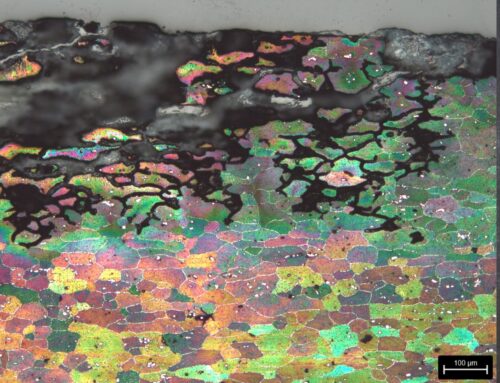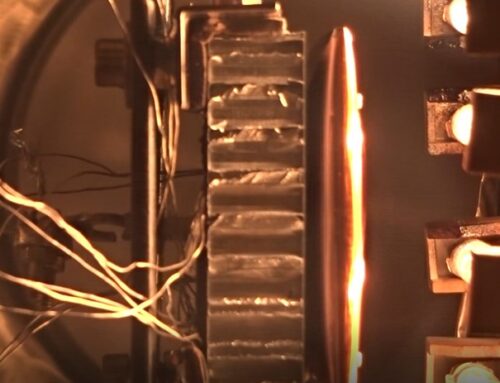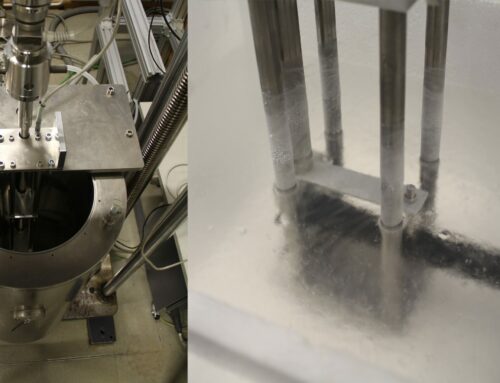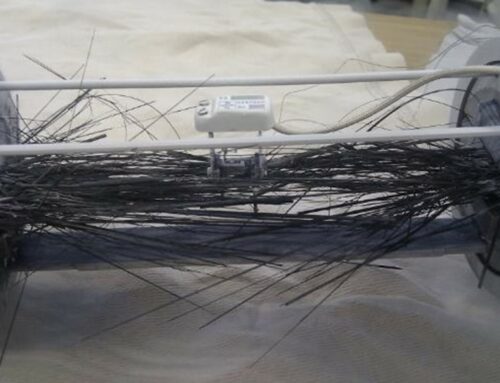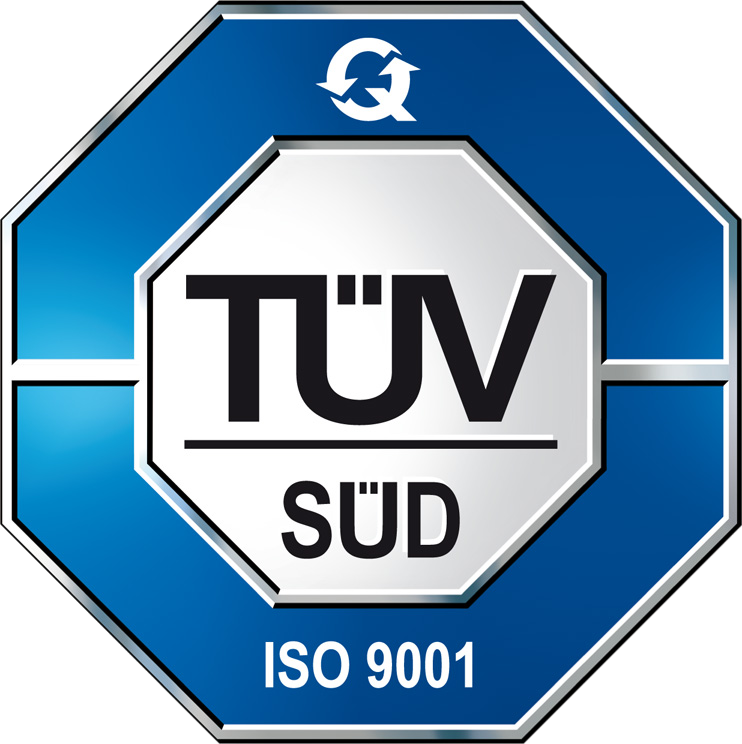Novel materials and products, before their final application, must undergo a series of rigorous tests to demonstrate their ability to withstand physical, chemical, and/or environmental challenges. Autoclave testing provides a comprehensive evaluation by subjecting the materials to a combination of liquid, temperature, pressure, and, when necessary, different atmospheric conditions (such as air, Ar, N2) to simulate real-world scenarios in a controlled laboratory environment.
These conditions are highly effective for simulating extreme conditions and rapidly assessing the material’s resistance to corrosion, degradation of coatings, reactions with the environment, and establishing their application limits. In this context, various parameters can be adjusted to determine resistance to water vapor, chemical resilience, and, in the case of coatings, issues such as adhesion or hydrolysis problems.
Autoclave Testing in Detail: The Apparatus and Parameters
An autoclave is a closed, gas-tight, and static testing apparatus used to expose test specimens to corrosive environments at elevated temperatures and pressures, allowing the evaluation of the effects of these changes. The autoclave comprises a high-pressure hast alloy vessel with a Teflon liner, featuring internal dimensions of the diameter Ø 125 mm and a height of 380 mm. Additionally, the autoclave can be equipped with a rack to accommodate a larger number of smaller specimens. Temperature control is achieved using an internal thermometer covered with Teflon, while the autonomous pressure of water vapor is monitored by a digital pressure sensor, with data output to a PC.
TM0185-2006 Standard: Evaluating Corrosion Protection
As per the TM0185-2006 standard, exposure to elevated temperatures, pressures, and corrosive media can potentially alter the corrosion protection provided by a plastic coating on steel goods. Sample performance can be assessed based on parameters such as adhesion, blistering, cracking, loss of gloss, transparency, colour changes, or delamination.
Beyond Coatings: Autoclave Testing for Bulk Materials and Synthesis
In addition to coatings testing, the autoclave is utilized for aging tests of bulk materials such as plastics (e.g., assessing the durability of elastomers in blow-by-mixtures, particularly relevant in the automotive industry), ceramics (e.g., assessing the degradation of dental ceramics), and metal parts (pitting corrosion). Furthermore, the autoclave can be applied for various synthesis processes, including the hydrogenation of C-C triple bonds, synthesis of metal nanoparticles, hydrothermal or solvothermal synthesis.
Research and Development at AAC
Interested in more information or Research and Development of new coatings? Get in touch with our team of experts at office@aac-research.at or visit us at Aerospace & Advanced Composites: Space Engineering & Technology


